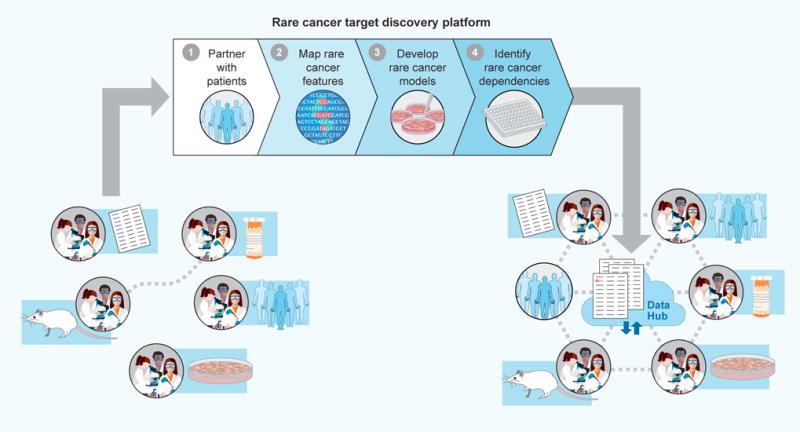Figure 5. Toward a Platform for Target Discovery in Rare Cancers.

Historically, research on rare cancers has been carried out by small numbers of independent laboratories. The emergence of new technologies permits the potential implementation of new research frameworks to (1) leverage online platforms and social media to partner with patients, (2) perform genomic and cellular characterization of samples that such patients contribute, (3) create cell line, organoid, and/or PDX models from such samples, and (4) use small-molecule and CRISPR/Cas9 libraries to create “dependency maps” for each rare cancer type. Resulting target discovery findings, stored in cloud-based “data hubs,” can help further coalesce rare cancer research communities, with each laboratory contributing specific areas of expertise to the larger community.
